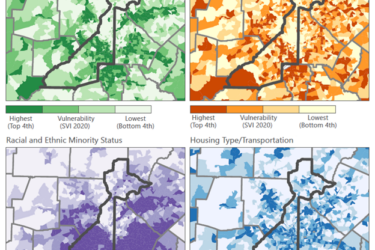
People whose socioeconomic status is low are more likely to act in ways that harm their health compared with those higher on the ladder of income and social stature. On average, they smoke more, exercise less, have poorer diets, and more often ignore health advice and fail to comply with treatment. As a group, they are even less likely to use seatbelts.
Researchers have proposed many theories to explain why this is so, and these involve more than the inability to pay for goods and services that promote health.
Investing less in health behavior may be a positive adaptation to socioeconomic deprivation, according to a theory inspired by evolutionary biology. In other words, it’s like deciding to spend little on car maintenance when you live in a neighborhood of rampant car theft. Living under threat of high mortality from outside causes may set a limit on how much energy it is worth to put into lowering mortality from internal causes.
So far, there is no grand unified theory that accounts for all social, psychological and political forces that press on people on the lower rungs of the socioeconomic ladder. In an informative review, Fred C. Pampel, Patrick M. Krueger, and Justin T. Denney break down the evidence for and against nine major pathways by which socioeconomic status shapes health behavior. Learn about those pathways.








